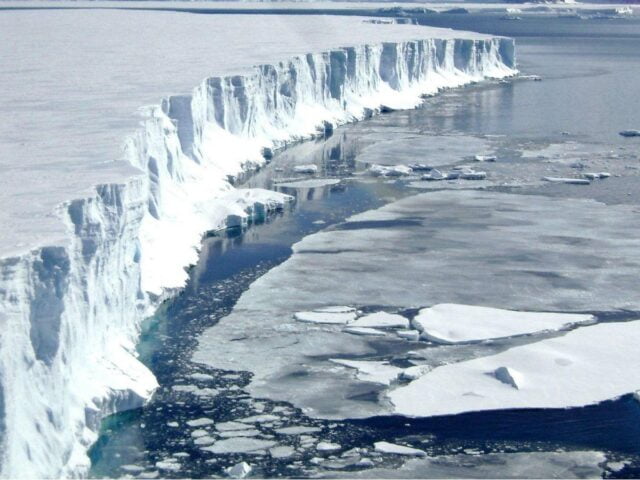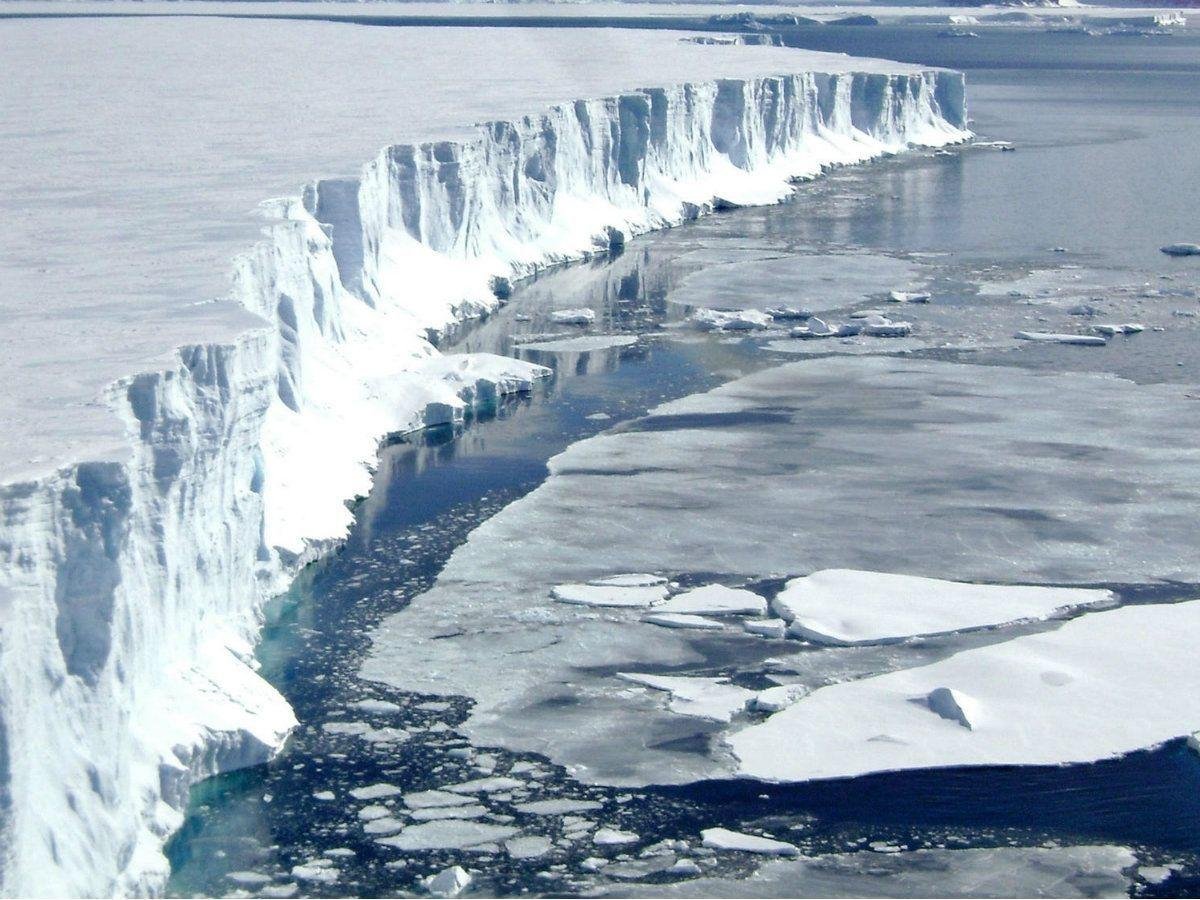
In a harrowing revelation, recent scientific analysis divulges that the rapid melting of ice shelves in West Antarctica may now be beyond the point of return, with human-induced global warming serving as a critical accelerator. This unfolding calamity has the potential to wreak havoc on global sea levels, thereby posing a menacing threat to coastal cities worldwide.
Key Highlights:
- The West Antarctic Ice Sheet (WAIS) is rapidly losing mass, being the principal contributor to Antarctica’s share in global sea-level rise.
- The melting, propelled by interactions with the Southern Ocean, particularly in the Amundsen Sea region, is pivotal in reducing the buttressing of ice shelves and hastening the flow of upstream glaciers towards the ocean.
- With global temperatures climbing, the ice sheet may reach a tipping point of irreversible retreat within the next few decades.
- The complete meltdown, though likely to span centuries, could add nearly 6 feet to global sea levels, altering the very fabric of how and where people dwell.
Human-driven global warming is making the rapid dissolution of West Antarctica’s ice shelves inexorable, with dire implications for sea level rise across the globe. The West Antarctic Ice Sheet (WAIS) is on a fast track towards a point of irreversible retreat, a process that could be expedited if global temperatures rise by 1.5 to 2°C. The crisis unfolds as the Amundsen Sea’s ice shelves interact with warm ocean waters, exacerbating the ice loss from WAIS, which is the largest Antarctic contributor to sea-level rise.
An international consortium of scientists in 2022 alerted that the tipping point might already have been crossed at a mere 1.1°C of warming above pre-industrial levels. Even with ambitious carbon emissions reductions, the slow, yet relentless, addition of nearly 6 feet to sea levels is anticipated over the centuries to come. The perilous trajectory of events was underscored by a glaciologist who termed the recent findings as “sobering”.
The ramifications of the ongoing meltdown are extensive and far-reaching. The full-scale melt, albeit unfolding over hundreds of years, is poised to redefine geographical demarcations and human settlements. Coastal cities are particularly at risk, with the impending rise in sea levels threatening to submerge them.
The burgeoning crisis necessitates an urgent global response. While efforts to mitigate greenhouse gas emissions remain crucial, the study posits that the power of such interventions to halt ocean warming, and by extension, ice shelf melting, is now considerably limited. The findings beckon a reevaluation of current climate policies and a robust global action to brace for the impacts of rising sea levels.
The study, published in Nature Climate Change, unfurls a grim narrative of a future where mitigating greenhouse gases has but a limited role in averting the ocean warming that could trigger the collapse of the West Antarctic Ice Sheet. It emphasizes not just the need for stringent emission cuts but also a well-rounded understanding of different climate scenarios to effectively respond to sea-level rise.
The inexorable meltdown in West Antarctica, exacerbated by human-induced global warming, portends a menacing rise in global sea levels. The gravity of the situation is highlighted in a recent study, which calls for a concerted global effort not just in reducing greenhouse gas emissions but also in preparing for the inevitable consequences of rising sea levels.











